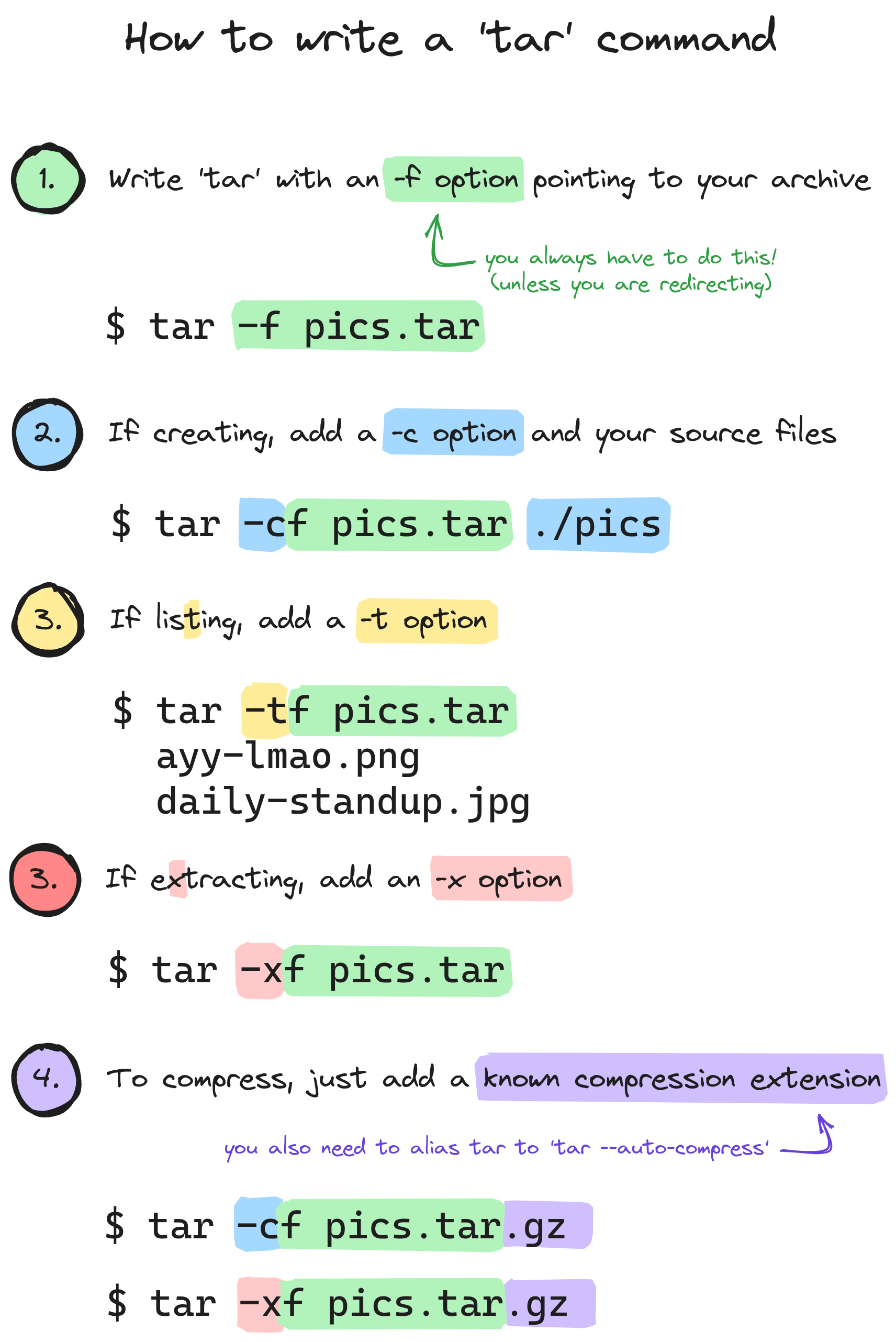I use Linux for years and still Google every time I have to use it!
Linux
From Wikipedia, the free encyclopedia
Linux is a family of open source Unix-like operating systems based on the Linux kernel, an operating system kernel first released on September 17, 1991 by Linus Torvalds. Linux is typically packaged in a Linux distribution (or distro for short).
Distributions include the Linux kernel and supporting system software and libraries, many of which are provided by the GNU Project. Many Linux distributions use the word "Linux" in their name, but the Free Software Foundation uses the name GNU/Linux to emphasize the importance of GNU software, causing some controversy.
Rules
- Posts must be relevant to operating systems running the Linux kernel. GNU/Linux or otherwise.
- No misinformation
- No NSFW content
- No hate speech, bigotry, etc
Related Communities
Community icon by Alpár-Etele Méder, licensed under CC BY 3.0
Why?
For me it's because I don't use it very often, mostly just archiving stuff every few months or so.
I usually just use tar -xvf {file} -- I like the verbosity when extracting just so I know it actually is doing things.
Thank you, I still don't understand.
^r tar and adjust as needed. Got it
My tar command is tldr tar then ctrl + c / ctrl + v
Just add -a for auto compression.
tar xafv every time, works like a charm.
I just have pack and extract functions in my shell RC files that look at file extensions and use the proper tool with proper arguments.
Wrote them 10 years ago and they've worked flawlessly ever since!
I personally just use tldr to figure out how it's done.
i leave off the dash ;)
I didn't know about auto-compress, thanks!
Saved this. Just like I did for tens of tar cheat sheets before. No, I won't remember it exists when I'll need to use tar. I will google it. I'll read that Stack Overflow page again. I will not enjoy it.
T_T
I would also recommend -v for verbose and -z when compressing for gzip
What does --auto-compress do?
I'll keep using TLDR, best cli command ever.
I've written a CLI tool in Rust as a front end to tar with gzip called Targez.
It can definitely just be done with an alias instead, but you can give it a try if you prefer something installable.
tar, please eXtract the Vucking File!
tar -xvf tarbomb.tar.
I just use atool (archive tool) instead. It works the same for any common compression format (tar, gzip, zip, 7zip, rar, etc) and comes with handy aliases like apack and aunpack obsoleting the need to memorize options.
